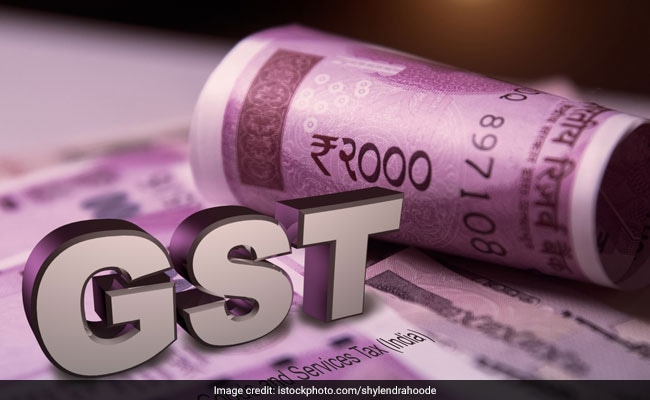
From July 1, the country will move to a new indirect tax regime as GST or goods and services tax will subsume nearly a dozen of central and state taxes. From the consumer's point of view, the biggest advantage would be in terms of reduction in overall tax burden on goods. For businesses, it means reduction in a multiplicity of taxes and a much simpler tax regime with fewer rates and exemptions. However, ahead of the implementation of GST, people have many apprehensions regarding how the new tax system will affect them or their business. In an interview with NDTV, tax expert Aseem Chawla of Phoenix Legal explained the queries related to GST.
Q) I am a distributor of products that are manufactured in Gujarat and sold in Andhra Pradesh. Tax rate for the product is 28 per cent. How much input tax credit can I avail and how?
Ans) GST is a destination based tax. In this case there is movement of goods from one state to another, so it will be subjected to integrated goods and services tax or IGST, which replaces the central sales tax. IGST can be first set off against any IGST liability, then central goods and service tax (CGST) and finally state goods and services tax (SGST). So, the distributer will get full credit for the entire 28 per cent input tax but in the above order.
Q) I am a management consultant. I pay service tax at the rate of 15 per cent. From July 1 after GST implementation, what will be the GST rate applicable for me?
Ans) From July 1, the GST rate applicable for you will be 18 per cent. Ensure that your provisional registration is in order and after some time also get your final registration done.
Q) Will the prices of cell phone and TV go up after GST implementation?
Ans) After GST implementation, the erstwhile excise duty paid on mobile phones manufactured in India will be available for set off. So, low-end mobile phones, which are manufactured in India are likely to be cheaper. Earlier, the excise duty was not available for set off. The high-end mobiles are still import dependent, so to that extend the basic customs duty (BCD) does remain constant and is not available for set off against final GST. So, to that extend the high-end smart phones might become costlier.
Q) I am a dealer in fresh vegetables and ginger. My turnover is more than Rs 50 lakh per annum. I distribute ginger from Karnataka to Uttar Pradesh, Delhi and Andhra Pradesh. All the products I deal with are exempt from GST. Do I need to register for GST? If yes, under what rule?
Ans) If you are dealing with exempt goods then the question of registration does not arise even if your turnover is more than Rs 50 lakh.
Q) I am an artist. I sell my items on online platforms. My turnover is not over Rs 1,000 per month. I have been asked by e-tailers to submit my GST TIN (Tax Identification Number). What should I do now?
Ans) As per news reports, the tax deductible at source (TDS) by e-tailers from their suppliers' payment has been deferred for now. So, the 1 per cent tax collectible at source (TCS), which was in the scheme, has been deferred. So you should write back to the e-commerce compliance team.
Q) What will be the GST implication for a home buyer? At present, the buyer has to pay 4.5 per cent service tax in addition to the stamp duty during registration.
Ans) Earlier, input tax credit was not available for developers for the materials they purchase for construction like cement, steel etc. Now, there is a respite that developers can claim the input tax credit and settle it against the final GST liability. So, it is expected that the developers will pass on the benefits to the buyers.
Track Latest News Live on NDTV.com and get news updates from India and around the world

